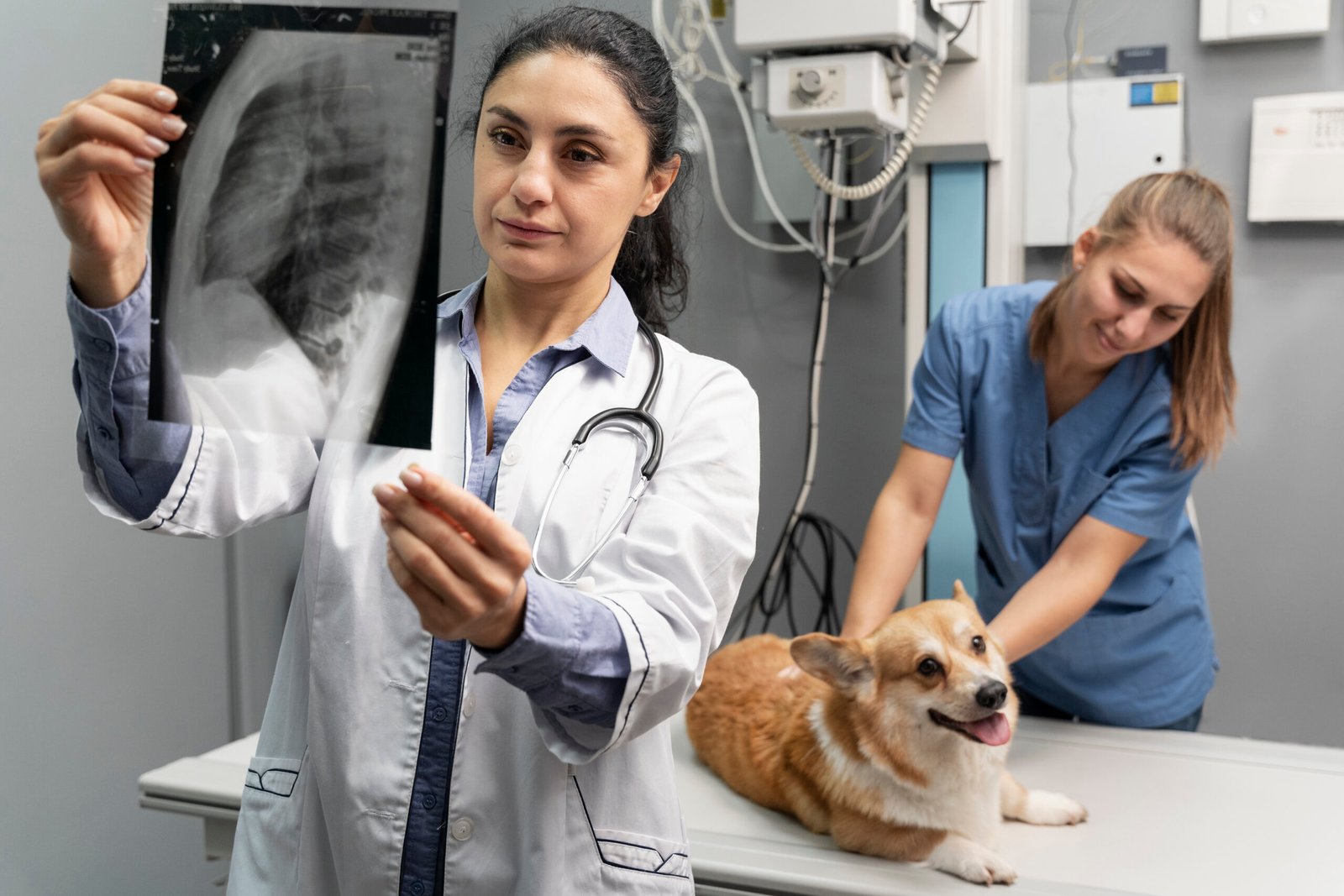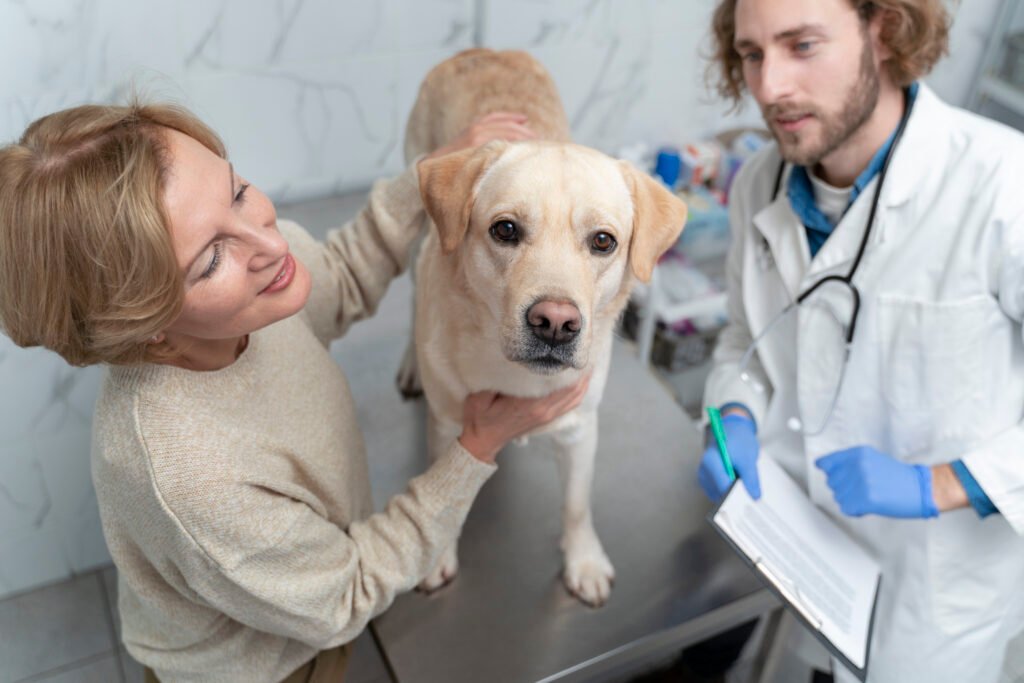
Importance of Regular Veterinarian Care
The connection and unconditional affection that our furry pets bring into our lives is something we treasure as pet owners. Our pets become beloved part of our family, not just other creatures. We must put their health and well being first because of this close connection. A dedication to protecting the longevity and pleasure of our cherished pets, regular veterinarian care is more than just a habit.
Table of Contents
Introduction
We hold a special place in our hearts for the pets that share our lives. They bring us companionship, happiness, and an unbreakable connection. As conscientious pet owners, it’s our responsibility to safeguard their welfare in every conceivable manner. One of the most pivotal measures we can undertake in fulfilling this duty is by ensuring they receive regular veterinarian care.
The Bond Between Pets and Humans

The connection between pets and humans is profound. Pets become our confidants, providing comfort during tough times and adding joy to our daily lives. This unique bond should be nurtured by prioritizing their health. Regular veterinarian visits foster a healthier and happier life for our pets.
Preventive Care: A Proactive Approach
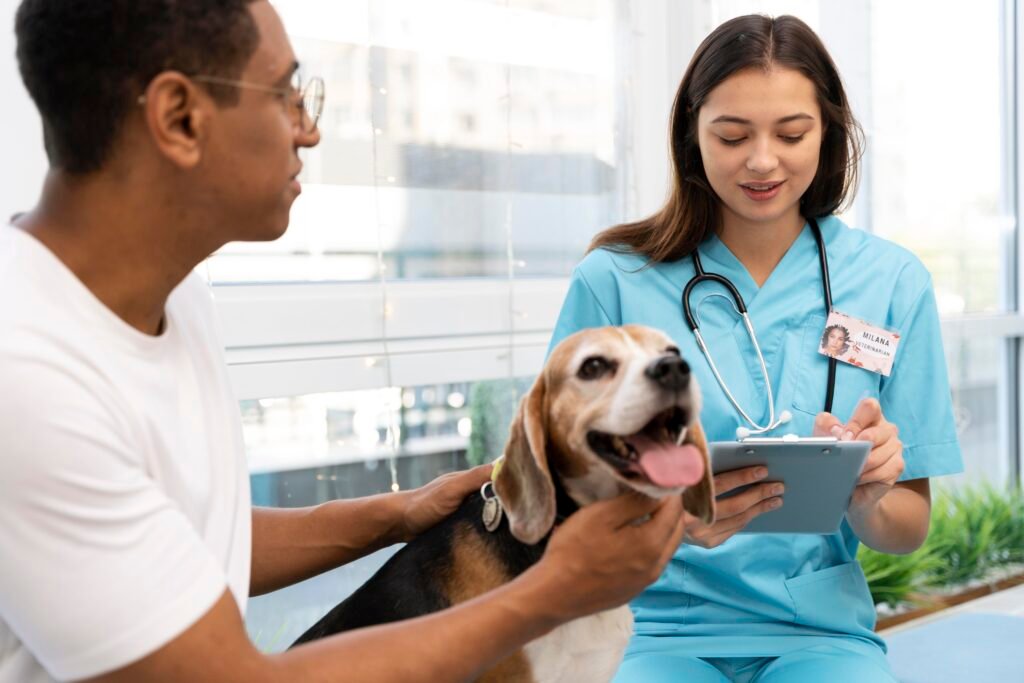
In terms of pet health, prevention is essential. Early identification of potential health problems is made possible by regular veterinarian care examination. Through thorough examinations and diagnostic tests, veterinarians can identify and address problems before they escalate, saving both your pet’s health and your wallet from unnecessary stress.
Early Detection and Treatment
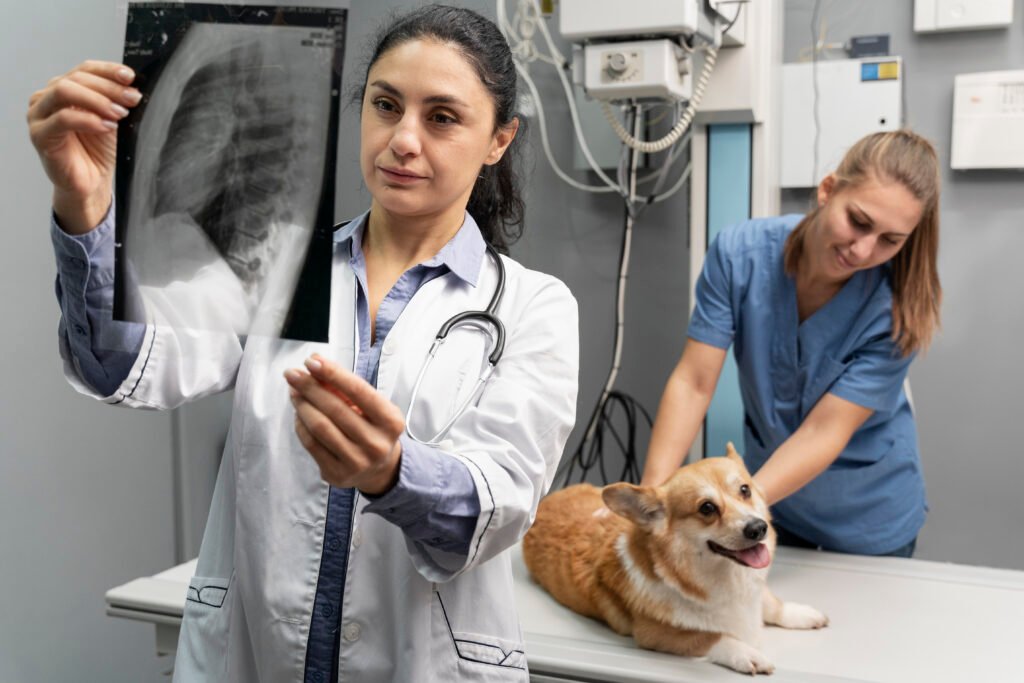
Pets, like humans, are susceptible to various health conditions. Regular check-ups ensure that any emerging health issues are caught in their initial stages. Swift treatment not only increases the chances of recovery but also minimizes the discomfort your pet may experience.
Vaccinations: Shielding Against Diseases
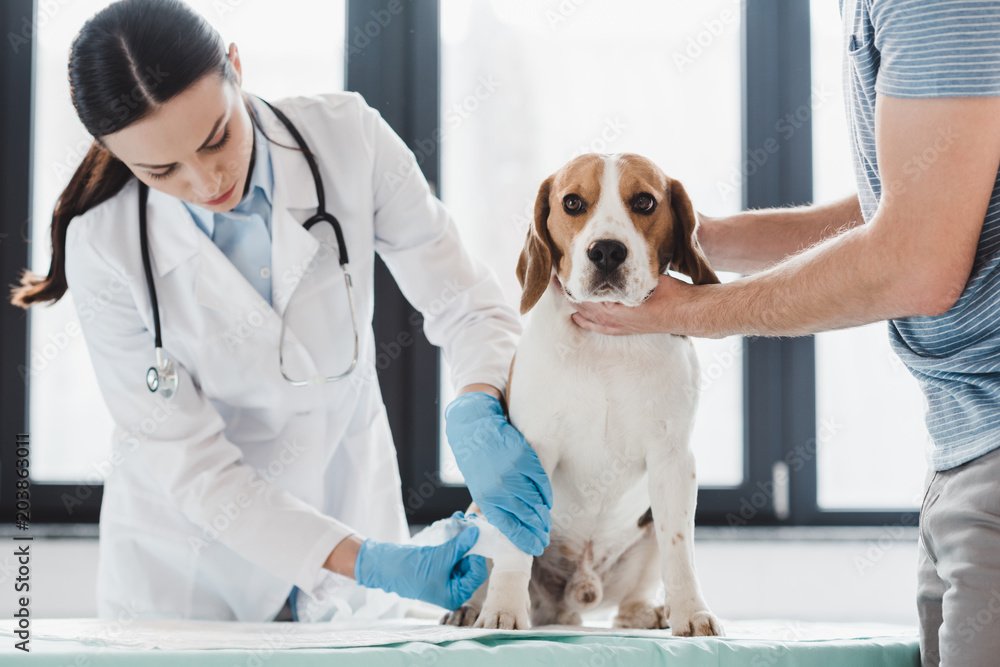
Vaccinations are vital in safeguarding your pet’s health. They protect against contagious diseases that could pose serious threats to your pet’s well-being. By adhering to a vaccination schedule, you’re providing your pet with a shield against preventable illnesses.
Nutrition and Dietary Guidance

An essential component of a healthy lifestyle is a proper diet. Through regular veterinarian care, valuable insights are provided regarding your pet’s dietary requirements, considering factors like age, breed, and medical history. Embracing a balanced diet contributes significantly to enhanced energy levels, a fortified immune system, and effective weight management.
Dental Health: Beyond the Pearly Whites
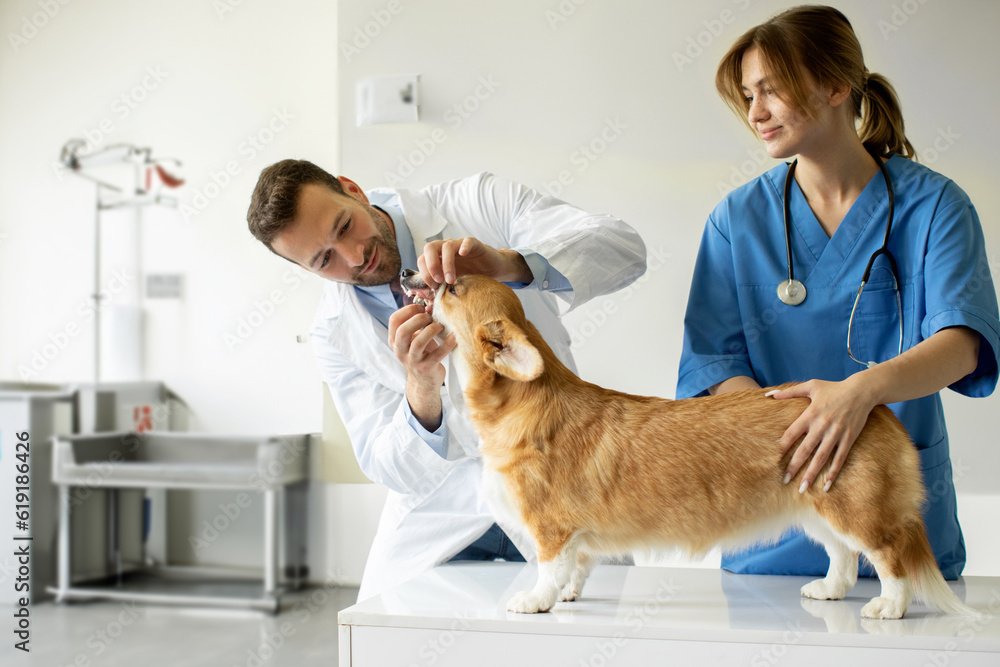
Oral health impacts overall well-being. Regular dental check-ups ensure that dental issues are addressed promptly. Poor dental health can lead to pain, infections, and even systemic health problems. A healthy mouth contributes to a healthier pet.
Managing Pet Weight: A Vital Aspect
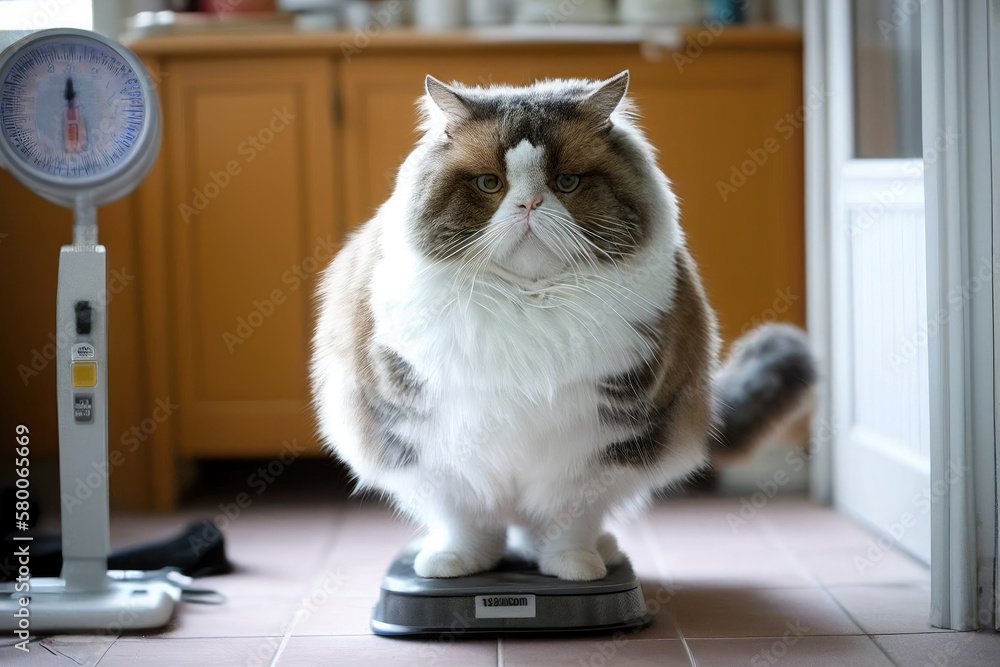
The general health of your pet depends on maintaining a healthy weight. Obesity can lead to a host of health problems, including diabetes, joint issues, and heart disease. Regular veterinary visits include assessments of your pet’s weight and recommendations for a healthy lifestyle.
Parasite Prevention and Control

External and internal parasites can wreak havoc on your pet’s health. Regular veterinarian care includes preventive measures to protect your pet from fleas, ticks, worms, and other parasites. This not only preserves your pet’s health but also prevents potential transmission to humans.
Senior Pet Care: A Special Emphasis
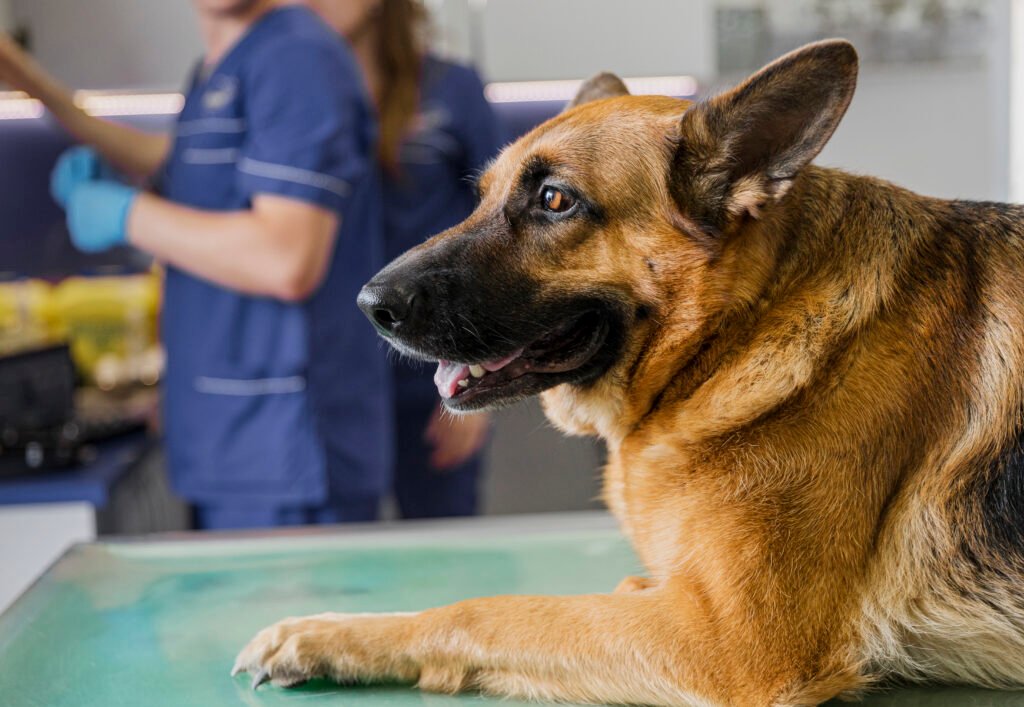
As pets age, their health needs change. Senior pets require specialized care to manage age-related conditions. Regular veterinary visits for senior pets enable timely adjustments to their healthcare regimen, ensuring their golden years are comfortable and enjoyable.
Behavioral Consultations
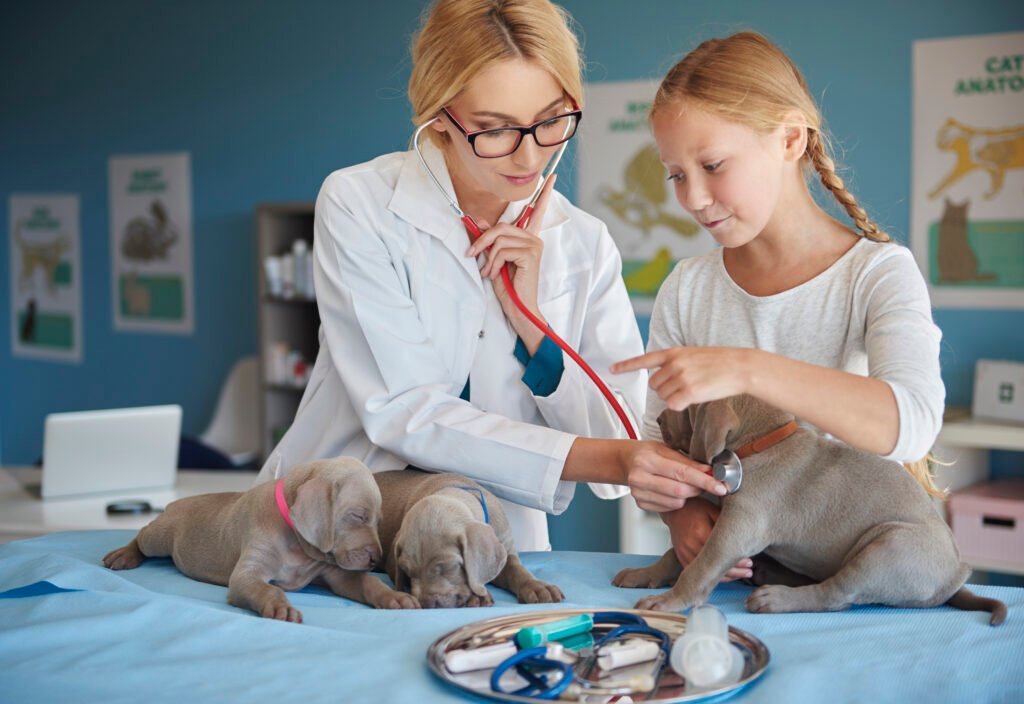
Pet behavior can be complex. Regular veterinarian care includes behavioral consultations to address issues such as anxiety, aggression, and compulsive behavior. These consultations provide strategies to enhance the well-being of both pets and their owners.
Emergency Preparedness
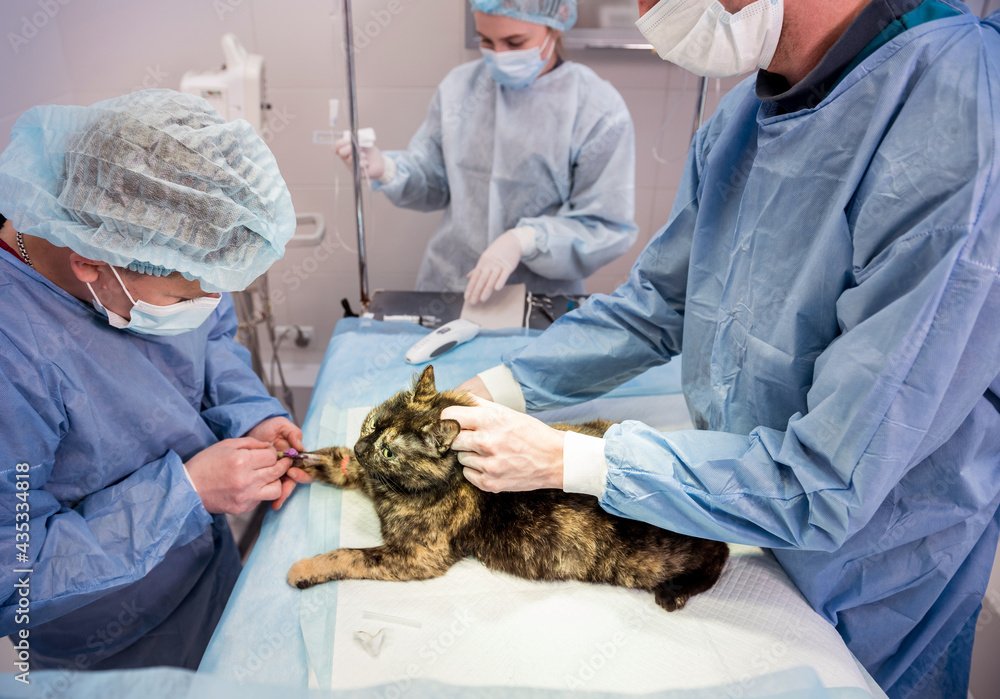
Emergencies can happen unexpectedly. Regular veterinarian care involves discussions about emergency preparedness, ensuring you’re equipped with the knowledge and resources to handle urgent situations effectively.
The Financial Aspect
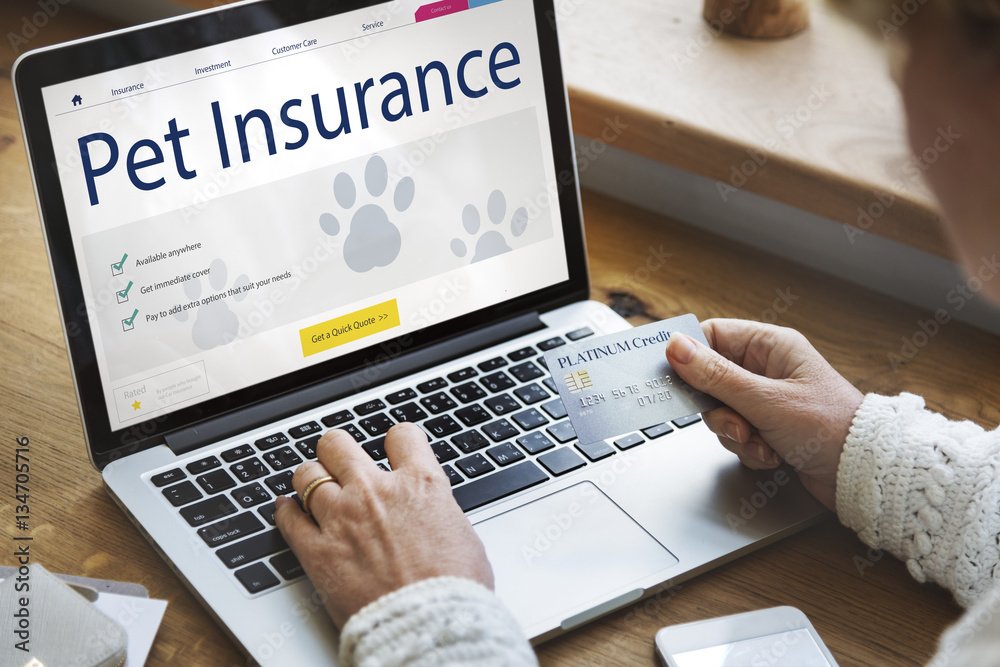
Some pet owners might be concerned about the financial aspect of regular veterinarian care. While there are costs associated with pet healthcare, preventive care can actually save you money in the long run by avoiding expensive treatments for advanced illnesses.
Spreading Awareness: Promoting Responsible Pet Care

By prioritizing regular veterinary care for your pets, you set an example for responsible pet ownership within your community. Spreading awareness about the importance of pet healthcare can inspire others to provide the same level of care for their furry companions.
Conclusion
We are essential to the welfare of our cherished pets. Regular veterinarian care is not just a recommendation; it’s a commitment to their happiness and longevity. By embracing this responsibility, we ensure that our pets enjoy a high quality of life filled with love, health, and companionship.
FAQs
- When should I take my animal to the veterinarian?
It’s recommended to visit the vet annually for a routine check-up. However, more frequent visits might be necessary for puppies, kittens, and senior pets.
- Are vaccinations really necessary?
Yes, vaccinations are crucial for preventing serious and potentially deadly diseases in pets. Consult your vet to determine the appropriate vaccination schedule.
- Can I skip veterinary visits if my pet seems healthy?
Regular veterinary visits are essential for preventive care and early detection of hidden health issues that might not be apparent to you.
- What should I expect during a veterinary check-up?
A veterinary check-up typically includes a physical examination, vaccinations if needed, discussions about diet and behavior, and recommendations for preventive care.
- Is pet insurance worth considering?
Pet insurance can help offset the costs of veterinary care, making it more affordable. Research different options to find a plan that suits your needs.


